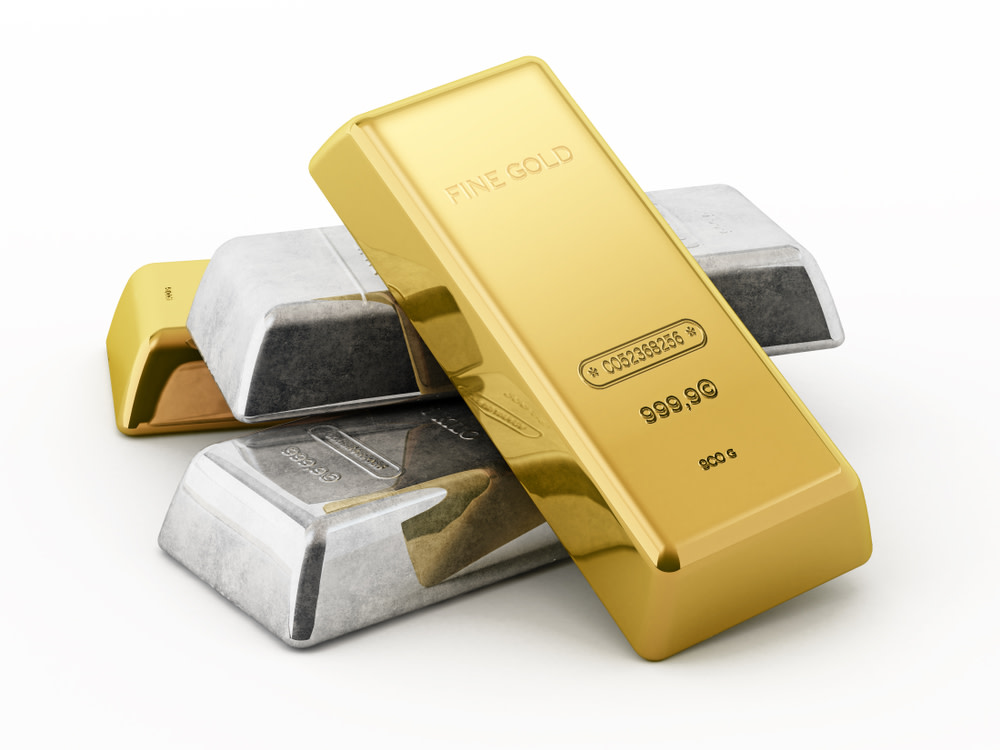
News
Silver and Gold Spearhead Robust Investment Returns
Shauvik Haldar
|
Overall, major U.S. stock indices went down for the rolling month. Precious metal...
Overview
Returns
Income
Allocations
Fees
About
Get the lastest fund and ETF news in your inbox each week.
Receive latest news, trending tickers, top stocks increasing dividend this week and more.

News
Shauvik Haldar
|
Overall, major U.S. stock indices went down for the rolling month. Precious metal...

News
Shauvik Haldar
|
Overall, some of the major U.S. stock indices marginally declined for the rolling...

News
Shauvik Haldar
|
Overall, the U.S. stock markets maintained their positive momentum for the rolling month.

News
Shauvik Haldar
|
Overall, the U.S. stock markets maintained their positive momentum for the rolling month.
Mutual Fund Education
Daniel Cross
|
While CITs and mutual funds share many similarities, there are some key differences...
Taxation
Justin Kuepper
|
Let's see why mutual funds could incur surprise taxes and how tax-managed funds...
Mutual Fund Education
Sam Bourgi
|
The phrase ‘bear market’ has been thrown around a lot lately, but it...
Portfolio Management
Check out our special report on engaging millennials through their increasing interest in...